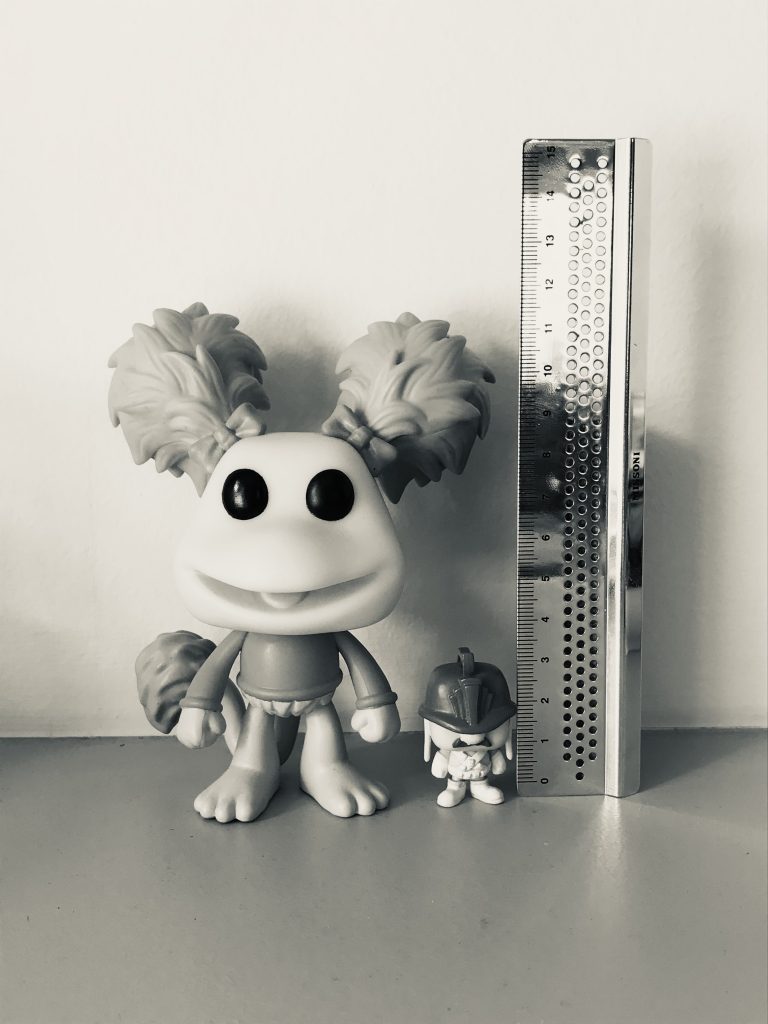Is your inner critic giving you a hard time for not sleeping well?
When we make a mistake, we often blame and point the finger at ourselves for what we perceive as a major personal short-coming. Within seconds our mind starts to beat us up, wielding an invisible measurement stick and complaining that “You should have done this better, you are simply not good enough! Who will like you? You are a failure!” And these might be some of the ‘nicer’ thoughts that your mind hurls at you. But even when we are not making mistakes, our critical mind, the inner bully, is constantly evaluating what we are doing and how well we are doing it.
We carry this invisible measurement stick around with us all day – and all night. Because not being able to fall asleep immediately or not sleeping through the night means we are underperforming and not achieving what everyone else can do effortlessly. (Or so it seems, according to the mind.)

Feeling safe is linked to being liked
What drives your mind to dish out such harsh self-criticism you might wonder? I think that’s an important question to reflect on. The reason your mind is criticising you is because it’s worried about your performance to ensure your ‘safety’. The mind believes that to be liked and accepted by others you must perform 100% – all the time without fail. Only when you are perfect in all you do will you be allowed into the tribe. Being part of the tribe matters because that’s what keeps us ‘safe’. (Social belonging is a natural human need and motif for behaviour.) Lastly, this performance pressure can also extend to your physical and mental health by the way.
Rarely though does this inner critical self-talk lead to feelings of happiness, contentment or safety. On the contrary, we feel small, anxious and are afraid of failing when listening intently to our inner bully. We lose confidence in ourselves and worry about our ability to do things well – including sleeping.
And that’s because while at first the worry is about things we have to do in the daytime, that same worrying is happening at night (because it’s quieter then). When we worry (nightly problem-solving is an expression of that too) our minds and bodies become alert, tense, anxious and most crucially, they remain awake. Yet sleep is nowhere to be seen!
Night-time blame
But there’s more to this. Soon there’s a new worry – that about our (in)ability to sleep. And not only do you worry, your mind has found another example of you ‘failing’ and something to criticise and attack you for. ‘Everyone else sleeps well, but you don’t. You are not normal, there’s something wrong with you!’
Ever had a thought like that? That’s your inner self-critical voice (the bully I spoke of before) judging and having a go at you. But this bully is not just frustrated, it’s actually like many external bullies – very anxious and acting the way it does because it feels threatened. It believes that if you underperform or fail you will let yourself and others down and be rejected. That’s why sometimes we tell ourselves the inner self-critic’s function is to protect and/ or motivate us.
The way it does it is harmful though, not helpful or caring. Criticism (from an internal or external source) triggers the brain’s threat system* and activates the fight-or-flight response. As you will likely have experienced yourself, listening to the inner critic intently only makes feel more alert, miserable, anxious and, crucially in this context here, you continue to struggle to sleep. In this sense it’s a bit like mindlessly hitting a big red alarm button over and over again without trying to understand where the problem came from in the first place.
At this point you might think “How on earth can I get rid of my self-critic and live as well as sleep in peace?”. Well unfortunately, you can’t simply chop its head off or ignore it. (You probably already know this deep down yourself.) However, you can learn to (a) notice and stand back from self-critical thoughts, and (b) build other, more helpful, ways of talking to yourself when you struggle – so you truly motivate and enable yourself to take meaningful action.
An important, yet often neglected, component in this learning process is compassion. Compassion for the inner critic and it’s fear-driven beatings, and for your painful, uncomfortable feelings. Experiencing kindness, acceptance and affection also help to feel calm – and safe. The exact opposite of what listening to the inner critic creates.
A new way of relating to yourself when struggling with sleep
A compassionate and mindful awareness helps you notice your own inner harsh or cold critical voice (i.e. the judgemental thinking) and appraise it with non-judgemental openness and curiosity. It also strengthens your control over what you decide to focus on and pay attention to. When you step back and observe your own inner self-talk and find it’s not helpful, you can then redirect your attention to focus on the present moment as it is and not as your inner critical voice (judges and) tells you it is. In doing so you are grounding yourself in the here-and-now.
On a physiological level this means the activation of your threat system and responses (frustration, anger, anxiety) are slowed down, and calmness starts to take hold. You feel soothed.
On a psychological or thinking level, your mind begins to settle. You can take a more balanced perspective on your situation which makes it easier to choose a helpful course of action. Talking to yourself with compassion is an expression of this wise perspective taking. And one that enables you to find workable, helpful solutions.
Compassionate thinking
To foster compassionate self-talk, reflect on the following questions:
- How would it make sense that I worry and feel anxious? (Validate your experience; sensitivity.)
- What might be triggering my inner critic, why does it feel threatened? (Understand your experience; sympathy.)
- Is this self-critical talk focused on providing care or reacting to a threat? (Looking at your experience including your thoughts; mindfulness.)
- How can I understand my experience from a balanced perspective? (Wise and compassionate view-taking on your experience; empathy.)
- What would be a compassionate and helpful action to support myself now and in the long-term? (Finding a workable solution; behaviour.)
To conclude:
Responding in a compassionate way (i.e. a kind, caring and understanding way driven by a desire to alleviate or prevent the suffering) settles the mind and bodily sensations thereby facilitating a sense of calm and safeness – a state of balance or equanimity. This compassionate perspective taking then enables you to think ‘clearly’ and thus find a solution that is supportive and workable in the long-run – an action that expresses compassion for yourself.
I hope you found this piece helpful, maybe you can notice your inner bully a little more clearly now or you can see how to support yourself.
If you have any questions on how to befriend your inner critic, send me an email or book an initial call with me.
Warmly,
Dr Kat

*In Compassion Focused Therapy (CFT) you have three emotion regulation systems: The threat system, the drive system, and the safeness system. Compassion helps to get the safeness system back online.
References:
Gilbert, P (2013). The compassionate mind: a new approach to life’s challenges. London: Robinson.
Tirch, D. Schoendorff, B. &Silberstein, L. (2014): The ACT practitioner’s guide to the science of compassion. Oakland: New Harbinger Publications.
Kolts, R (2016): CFT made simple. Oakland: New Harbinger Publications.
